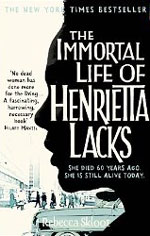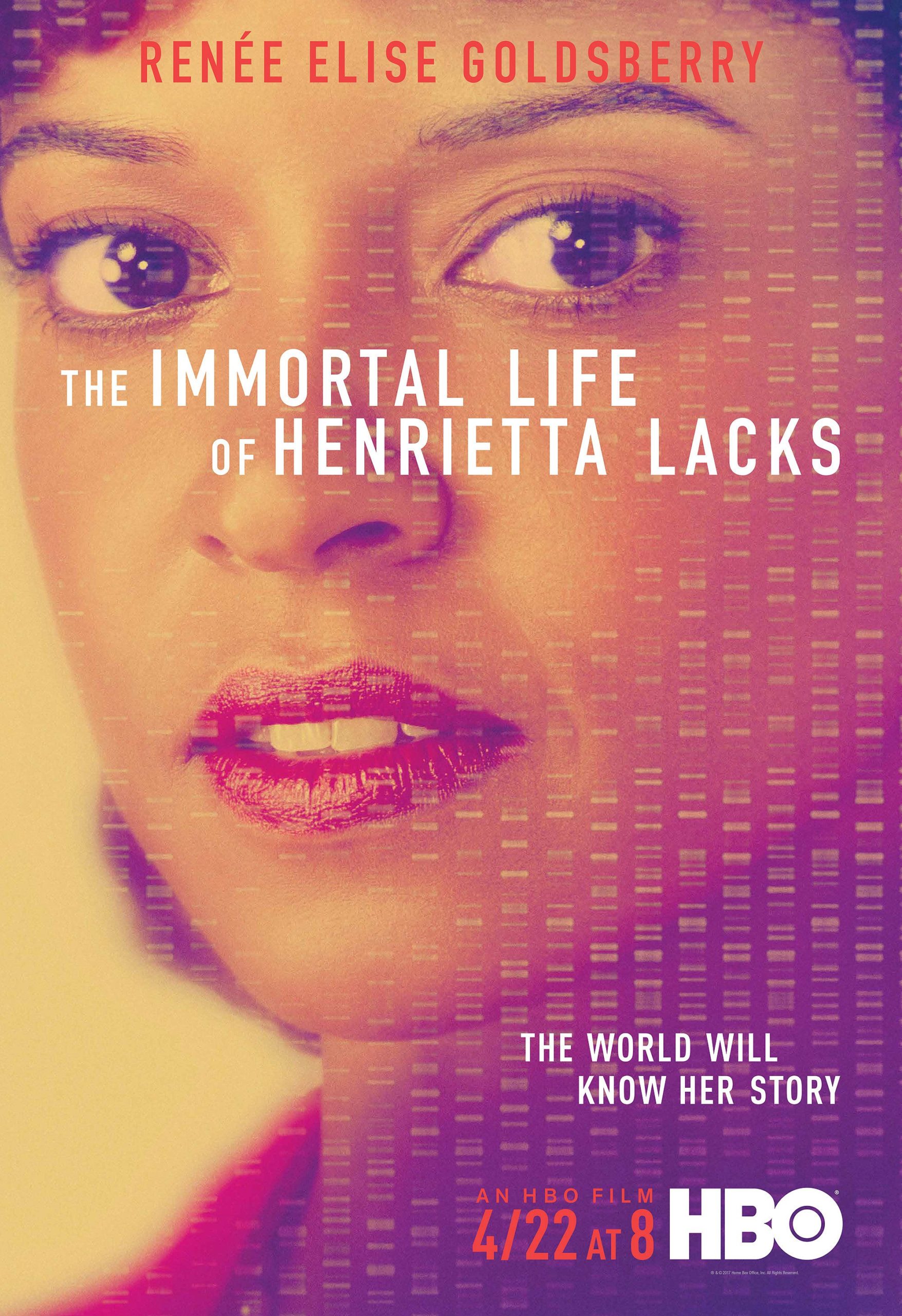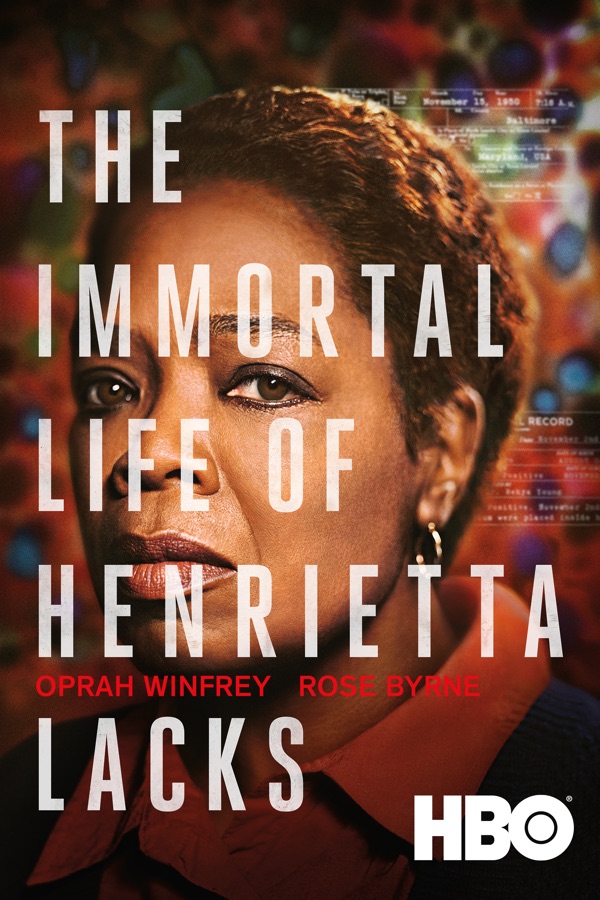
One reviewer for The New Atlantis, while mostly positive about the book, questioned its ethical arguments about tissue markets and informed consent involving scientists such as Chester M. And eight times to chase my wife and assorted visitors around the house, to tell them I was holding one of the most graceful and moving nonfiction books I’ve read in a very long time …It has brains and pacing and nerve and heart. I put down Rebecca Skloot’s first book, The Immortal Life of Henrietta Lacks, more than once. ĭwight Garner of The New York Times wrote: Science writing is often just about “the facts.” Skloot’s book, her first, is far deeper, braver and more wonderful. She also confronts the spookiness of the cells themselves, intrepidly crossing into the spiritual plane on which the family has come to understand their mother’s continued presence in the world. Skloot narrates the science lucidly, tracks the racial politics of medicine thoughtfully and tells the Lacks family’s often painful history with grace. Lisa Margonelli reviewing in The New York Times Book Review said: It was named a best book of the year by more than 60 media outlets, including New York Times, Oprah, NPR, and Entertainment Weekly. Critical reception Ĭritical reception was largely favorable. The paperback edition had spent 75 weeks on the New York Times Best Seller list. It also won the Heartland Prize for non-fiction, among others, including a Salon Book Award, and a 100 New York Times Notable Books of the Year. The book was awarded the National Academies Best Book of the Year Award, the American Association for the Advancement of Science's Young Adult Science Book award, and the Wellcome Trust Book Prize, awarded annually to an outstanding work of fiction or non-fiction on the theme of health and medicine. It has also been translated into more than 25 foreign language editions. A paperback edition was published by Broadway Books on Ma( ISBN 978-1-4000-5218-9).

On the same date, an audiobook edition was published by Random House Audio, narrated by Casandra Campbell and Bahni Turpin ( ISBN 978-0-9), as well as electronic editions in mobile (Kindle) and EPUB formats. The book was initially released in hardcover, published by Crown, on Febru( ISBN 978-1-4000-5217-2). Skloot said that some of the information was taken from the journal of Deborah Lacks, Henrietta Lacks's daughter, as well as from "archival photos and documents, scientific and historical research." It is Skloot's first book. The book is notable for its science writing and dealing with ethical issues of race and class in medical research. Skloot began conducting extensive research on her and worked with Lacks' family to create the book.

Skloot became interested in Lacks after a biology teacher referenced her but knew little about her.

The book is about Henrietta Lacks and the immortal cell line, known as HeLa, that came from Lacks's cervical cancer cells in 1951.

It was the 2011 winner of the National Academies Communication Award for best creative work that helps the public understanding of topics in science, engineering or medicine. The Immortal Life of Henrietta Lacks (2010) is a non-fiction book by American author Rebecca Skloot.


 0 kommentar(er)
0 kommentar(er)
